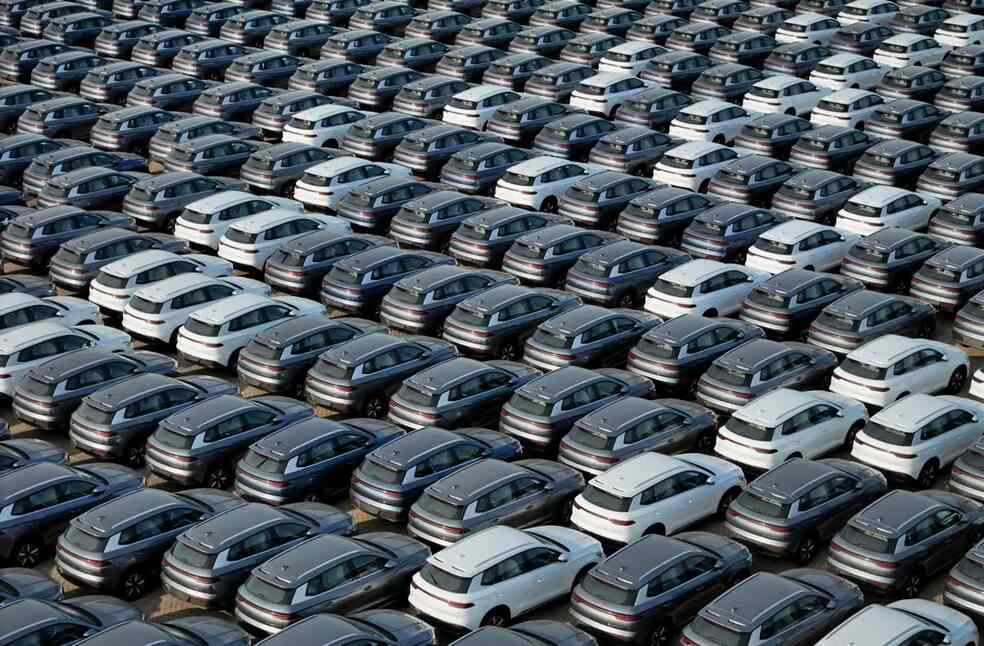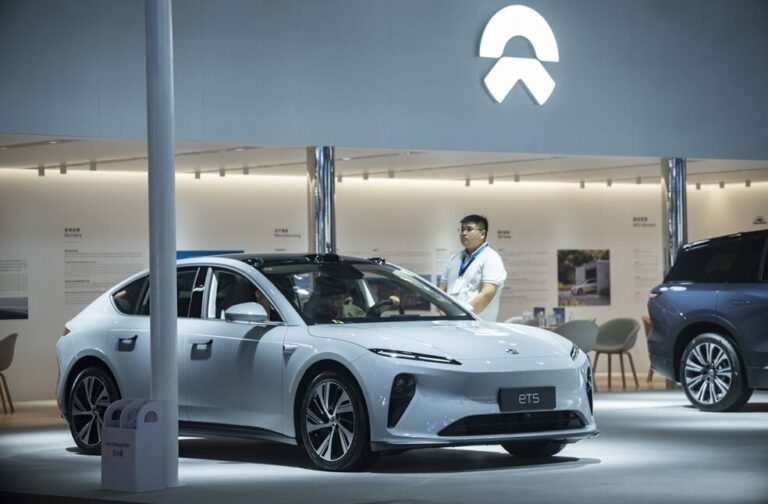Brussels: The European Union (EU) has increased tariffs on Chinese electric vehicles (EVs), marking a significant move to protect the bloc’s motor industry. The new tariffs on individual manufacturers range from 17.4 percent to 37.6 percent, in addition to a 10 percent duty already in place for all-electric cars imported from China.
The decision is expected to raise the price of EVs across the EU, making them less affordable for European consumers. The move marks a significant blow to Beijing, which is already in a trade war with Washington.
The EU is the largest overseas market for China’s EV industry, and the country is relying on high-tech products to help revive its flagging economy.

EU officials say that the import surge was driven by ‘unfair subsidisation,’ allowing China-made EVs to be sold at much lower prices than those produced within the EU. China has consistently denied this allegation from the US and the EU, claiming that it is not subsidising excess production to flood Western markets with cheap imports.
The new charges come into effect on Friday but are currently provisional pending the outcome of an ongoing investigation into Chinese state support for the country’s EV makers. The tariffs are not likely to be permanently imposed until later this year.

The impact of the tariffs extends beyond Chinese brands. Western firms that manufacture cars in China are also under scrutiny. By imposing these tariffs, the EU aims to correct what it perceives as a distorted market.
Sales of EVs by Chinese brands in the EU have surged, rising from 0.4 percent of the total EV market in 2019 to nearly 8 percent last year. However, the EU’s new tariff will not equally affect all Chinese-made EVs.



